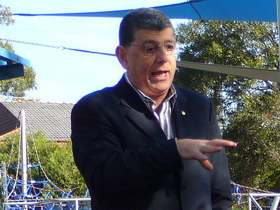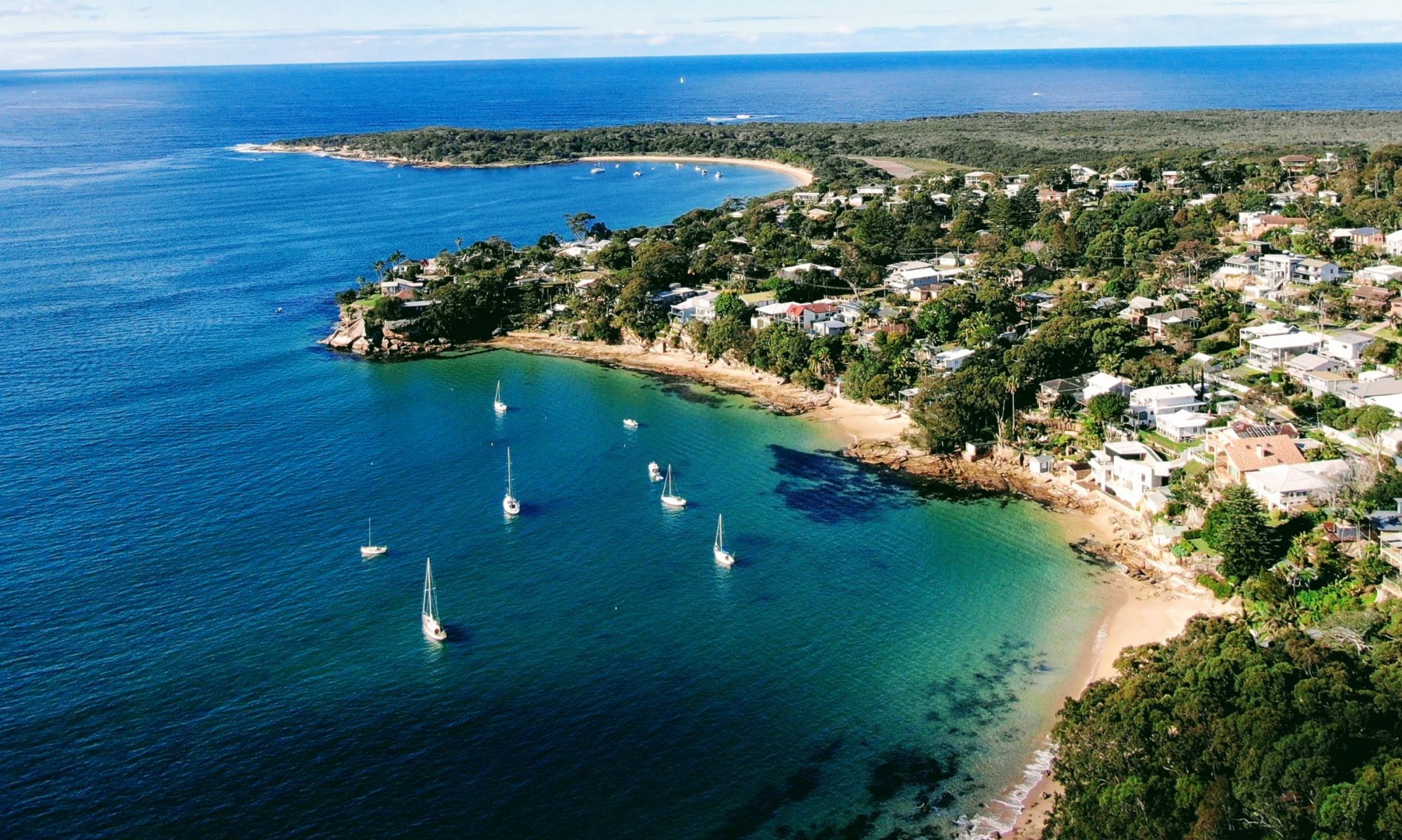j ![]()

 Navigation: Home
Navigation: Home  News
News  Development News
Development News  Ajaka speaks out in Parliament ]]>HomeAccommodationAbout BundeenaRoyal National ParkThings to doBundeena MarketsTourism InfoBeachesNews
Ajaka speaks out in Parliament ]]>HomeAccommodationAbout BundeenaRoyal National ParkThings to doBundeena MarketsTourism InfoBeachesNews Local News
Local News Development News
Development News Royal National Park News
Royal National Park News BundeenaInfo NewsEventsReal Estate ReportBusiness DirectoryFerry TimetableBus TimetableMapsPhoto GalleryVideo LibraryClubs & GroupsNewsletterPollsLinksSearchServicesAbout UsContact UsFacebook
BundeenaInfo NewsEventsReal Estate ReportBusiness DirectoryFerry TimetableBus TimetableMapsPhoto GalleryVideo LibraryClubs & GroupsNewsletterPollsLinksSearchServicesAbout UsContact UsFacebook  ]]> Ajaka speaks out in ParliamentThursday, 18 September 2008 ]]>
]]> Ajaka speaks out in ParliamentThursday, 18 September 2008 ]]>

Liberal State MP John Ajaka speaks out in the NSW Parliament over the state of Bundeena Maianbar ambulance services.
Speech by John Ajaka given in the NSW State Parliament August 28, 2008 11:41am
Today I speak about the frustrations and hardships the local ambulance services and communities in the Bundeena and Maianbar areas are currently facing. The lack of proper ambulance services has tormented the residents of Bundeena and Maianbar for the past 15 years, and epitomises the shaky nature of the current New South Wales health system and the lack of medical support in regional areas. For the past 15 years Bundeena and Maianbar residents have been relying on the charity of three local ambulance officers who, while working in ambulance services in other suburbs, volunteer to be on call when they are not attending their normal duties at their official place of work. Last year these officers answered 190 calls in addition to their regular shifts and overtime. It was not uncommon for them to work relentlessly for 20 hours straight on many occasions.
It came as little surprise that on 13 May this year these dedicated ambulance officers were compelled to withdraw their on-call services due to unsustainable work conditions and a lack of support from the Government. The 2,500 year-round residents of Bundeena and Maianbar have been denied a local full-time ambulance station due to the Government’s assertion of a low number of callouts. This assertion that the callout rate justifies the deprivation of adequate medical facilities is absurd. Each and every person is entitled to adequate and immediate ambulance services. The official Bundeena ambulance is stationed at Engadine, which is a good one-hour round trip for an ambulance along a winding and dangerous road through the Royal National Park. As a result, it is not uncommon for those in urgent medical need to rely on a loved one or, worse still, to resort to driving themselves to the nearest ambulance station or hospital—a revelation I find completely unacceptable.
For more than a decade the Bundeena and Maianbar communities rightly demanded the development of a local full-time ambulance service and a better range of medical facilities in their home towns. Yet for the entire month of June and most of July these people found themselves without any local ambulance personnel on call. Their calls for help have been answered with the Government’s usual ill-planned measures rather than implementing measures that will meet the needs of these residents. On 22 July the Minister for Health announced a “first response service” to administer first aid until an ambulance arrived in the area. This involved fire brigade officers acting as interim medical staff while an ambulance made its way from the Engadine or Caringbah ambulance station.
The Minister for Health announced that an agreement had been reached between the Health Services Union, the New South Wales Ambulance Service and the three local ambulance officers to reinstate the on-call roster. The Government is mistaken if it truly believes that turning fire officers into first responders solves the Bundeena-Maianbar question. The local Ambulance Action Group has proposed a number of reasons that it is not a workable solution in these regional areas: first, fire brigade officers are trained only in first aid, meaning that they can neither make a full diagnosis nor administer potentially life-saving drugs; secondly, patients need to be transported to a hospital in an ambulance, with the necessary equipment and drugs; and, lastly, fire brigade officers are not bound by the same medical ethics and protocols as ambulance officers.
In response to this initiative, which was headed by Dominic Morgan of the Ambulance Service of New South Wales, the Ambulance Action Group of Bundeena-Maianbar said that the first response solution is no solution. It also stated:
[Dominic] is wrong that the fire brigade first response scheme will add any benefit or deliver either of the main functions of an ambulance service—that is, patient intervention and speedy transport to hospital—to an isolated area.
Despite continuing fears among the local community that the implementation of the first response service and the reinstatement of the three officers clearly will not suffice, the Government has determined that it is a suitable solution. An article in the St George and Sutherland Shire Leader of 24 July, with the headline “Ambo crisis over”, stated that the Bundeena and Maianbar communities had won the fight to retain on-call paramedics. The health Minister announced:
This is a good outcome for the communities of Bundeena and Maianbar and it will provide residents with access to a paramedic should they require clinical assistance.
I will now examine why this is not a good outcome. First, the new restrictions on local officers being on call between their normal shifts and the limit to one officer being on call effectively means that ambulance services to Bundeena, Maianbar and the Royal National Park are now reduced even further. Secondly, it was recently discovered that a patient at Maianbar had waited 2½ hours for emergency help to arrive. Lastly, and by far the most shocking— [Time expired.]
Related Story – Ambulance Services Dysfunctional
]]>< Previous Next >[ Back ] All content property of Bundeena Info unless indicated otherwise

